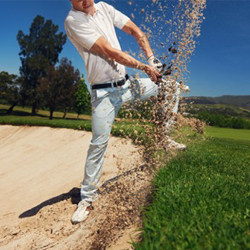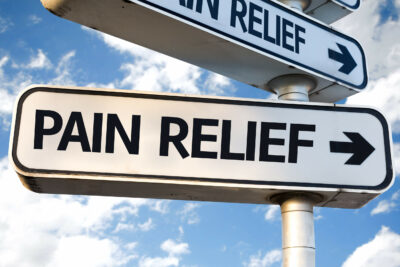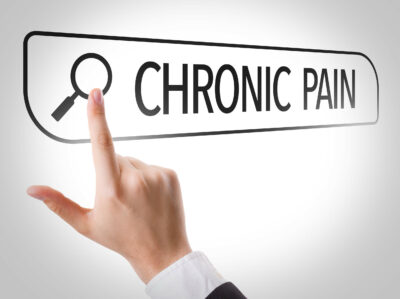Get in the Swing for Golf

According to the U.S. Consumer Product Safety Commission, more than 131,000 people were treated for golf-related injuries in 2015. Most golf injuries are the result of overuse. By repeating the same golf swing motion, stress is placed on the same muscles, tendons, and joints.
The three most commonly injured areas of the body from playing golf are the elbow, back, and shoulder.
HAZARDS… Golf Injuries and Chronic Conditions:
- Golfer’s elbow is a painful inflammation of the tendons that attach the forearm muscles to the inside of the bone at the elbow. Tennis elbow is similar but occurs on the outside of the elbow. Over-extending, casting or scooping the swing may cause both overuse conditions.
- Lower back pain may be caused by the rotational stresses of the golf swing, which places pressure on the spine and muscles. The American Orthopaedic Society for Sports Medicine (AOSSM) asserts that “increasing the range of motion of the lumbar spine extension and rotation of the lead hip” may help prevent some golfing incidents of lower back pain.
- Shoulders are a joint used in a golf swing and at risk for rotator cuff tears, labral tears, and impingement syndrome. According to Hank Johnson, a Golf Digest Teaching Professional: “Turn more. Swing less. Swing the arms, not the shoulder muscles.”
A training program that includes strength and flexibility exercises can help reduce the likelihood of a golf injury or chronic condition. An American Association of Orthopaedic Surgeons study showed that more than 80% of golfers spend less than 10 minutes warming up before starting a round of golf. The 20% who warmed up had less than half the incidence of injuries.
FOLLOW-THROUGH … Avoid Overuse Hazards:
- Strengthen the muscles and improve flexibility
- Stretch before teeing off
- Work on developing a solid golf swing technique
See the local golf professional for exercise program recommendations and golf swing advice. See the sports medicine orthopedic specialists at DOC for golf injury or chronic overuse conditions for diagnosis and treatment before returning to the course.




